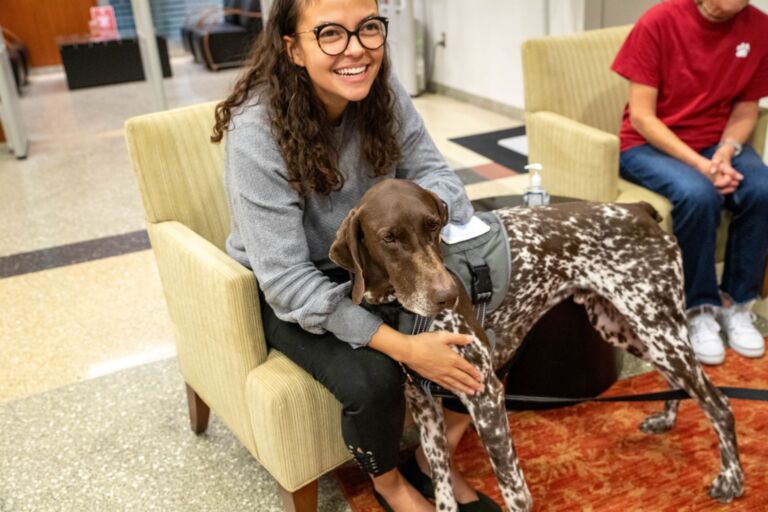Lo and behold, the next Supreme Court justice might not be a graduate of either Harvard or Yale.
That would end quite a streak for the prestigious Ivy Leagues law schools. (Right, how will they ever survive?)
Currently, the court has four Harvard grads and four Yale grads. President Trump could have broken the tie, but instead is nominating Amy Coney Barrett, who graduated from Notre Dame University School of Law.
That school has never produced a Supreme Court justice. The undergrad school did produce Joe Montana, mind you.
Barrett would replace Ruth Bader Ginsburg, who died recently after a long bout with cancer. She started her law school education at Harvard, but transferred to an another Ivy, Columbia School of Law.
This is Trump’s s third Supreme Court appointment. The previous two times he went with Harvard and Yale grads: Neil Gorsuch, who went to Harvard, and later Brett Kavanaugh, a Yale alum who likes beer.
Here’s the remaining Harvard lineup: Chief Justice John Roberts, Stephen Breyer and Elena Kagan. Kagan was even dean of Harvard prior to her appointment.
And here’s the remaining Yale lineup: Samuel Alito, Sonia Sotomayer and Clarence Thomas.
Harvard and Yale have long dominated the Supreme Court, with Harvard boasting 20 alumni and Yale 10. Columbia is third with seven alumni. Only The University of Michigan Law School joins the three Ivy League schools with more than two justices. But its third justice. Frank Murphy, retired in 1949.
Since then, more than 70 percent of Supreme Court justices were graduates of Ivy League institutions. While an Ivy League degree is often viewed as a simple litmus test for filtering viable candidates, some legal professionals and pundits see the continual nomination of Yale and Harvard graduates as a disturbing elitist trend.
The elite schools of the Northeast were not always a cradle for future Supreme Court appointments. Remarkably, a Juris Doctor (J.D.) is not even a requirement to become a Supreme Court justice. Before Benjamin Robbins graduated from Harvard Law School in 1832, justices either studied the law under a sitting judge or went to law school and did not graduate.
In the nation’s short history, just 48 out of 112 justices successfully graduated from law school. Of those graduates, 15 were from Harvard and six were from Yale. Others graduated from equally prestigious schools such as Stanford.







